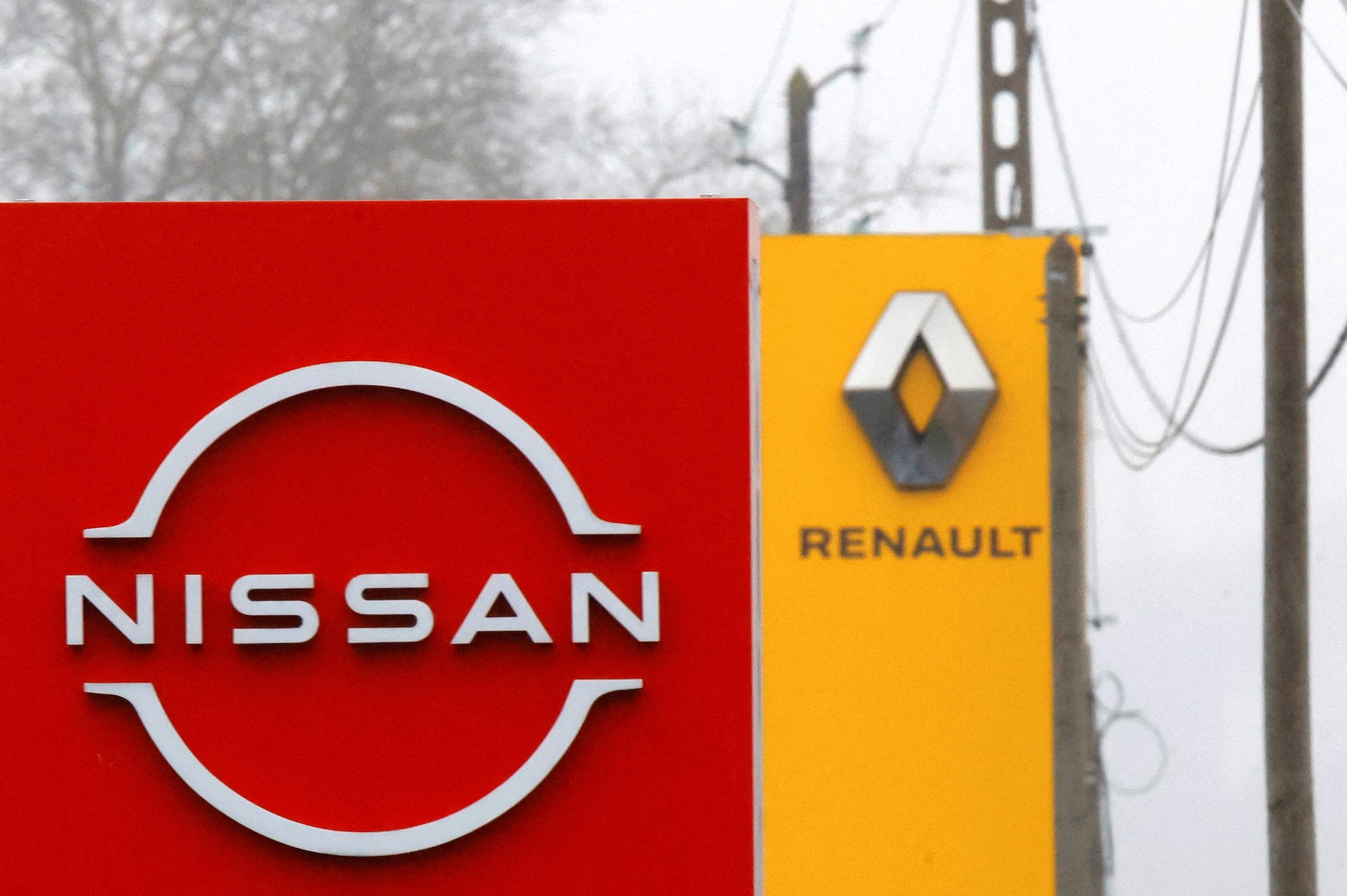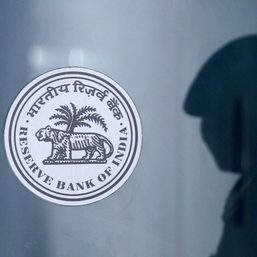SUMMARY
This is AI generated summarization, which may have errors. For context, always refer to the full article.

A revamped alliance between Renault and Nissan will face an early test in India, where the automakers plan new investment in a bid to close the gap on rivals, people with knowledge of the plans told Reuters.
The automakers reached a deal in principle on Monday, January 30, to restructure their two-decade partnership by putting both companies on an equal footing in terms of shareholding and with Nissan investing in Renault’s new electric vehicle (EV) unit.
The French and Japanese companies announced they had identified key projects on which they would deepen collaboration in India, Latin America, and Europe, without elaborating.
In India, the world’s fastest-growing car market, the new investment will be led by Nissan, and the companies are evaluating vehicles they could launch from 2025, two of the people told Reuters. That could include a reboot for Renault’s popular Duster sport-utility vehicle, they said.
Renault-Nissan also plan to return to a strategy of sharing and cross-badging vehicles in India, aiming to increase plant utilization rates and reduce costs, the people said. The Duster SUV, for instance, is being considered for launch under both the Nissan and Renault brands, they said.
The sources asked not to be identified because the companies have not announced details of the new strategy, which could be made public as early as next week.
Nissan did not respond to a request for comment. Renault declined to comment on the details of planned projects with Nissan.
The new collaboration underscores the pressure automakers face as they invest in EVs, automation, and other software services even as demand for gasoline cars greatly outstrips that for EVs, especially in up-and-coming markets like India.
It also points to the rising potential for sales in India, which last year overtook Japan to become the world’s third largest car market. Industry-wide sales in India surged 23% last year to 4.4 million, according to S&P Global Mobility, while other major markets faced supply constraints.
Complex crossover
The first test for the new Renault-Nissan approach could be the Renault Triber, a seven-seat car that the companies have discussed selling in India under the Nissan brand, one of the people said. Those talks were put on hold while they negotiated the broader partnership, he said.
Renault is considering an electric version of its mass-market Kwid small car for India, Reuters reported last month. Two of the people said Nissan has joined that review.
The carmakers also plan to bring an existing alliance platform to India that will allow them to build bigger models like the Duster, the people said. Renault-Nissan already share an alliance platform in India for its small cars.
Renault and Nissan together had around 3% of the Indian market in 2022. Unlike Nissan, Renault does not have a significant presence in major markets like China, the United States, and Japan, raising the stakes for its success in India, one person said.
In India, the two automakers have a complex crossover of interests, with joint ownership of a car plant and a research and development center in the southern city of Chennai.
The plant can produce about 500,000 cars a year but is only running at about a third of that capacity, industry data show. Nissan owns 70% of the plant, but its sales in India lag Renault’s. Nissan sold just 35,000 vehicles in India in 2022 – 60% below Renault’s 87,000.
Renault has a bigger stake in the research center, which focuses on localizing vehicles for India and global markets.
Cross-badging carries the risk that a Nissan version of a vehicle could cannibalize sales for the Renault equivalent or vice versa. That was one reason the companies previously scrapped the approach.
But rivals like Japan’s Toyota Motor and partner Suzuki Motor have had success with the strategy in India.
In Latin America, Renault and Nissan are studying the shared use of low-cost vehicle platforms, a person with knowledge of the plan there said. The alliance has plants in Mexico and Argentina. – Rappler.com
Add a comment
How does this make you feel?





There are no comments yet. Add your comment to start the conversation.